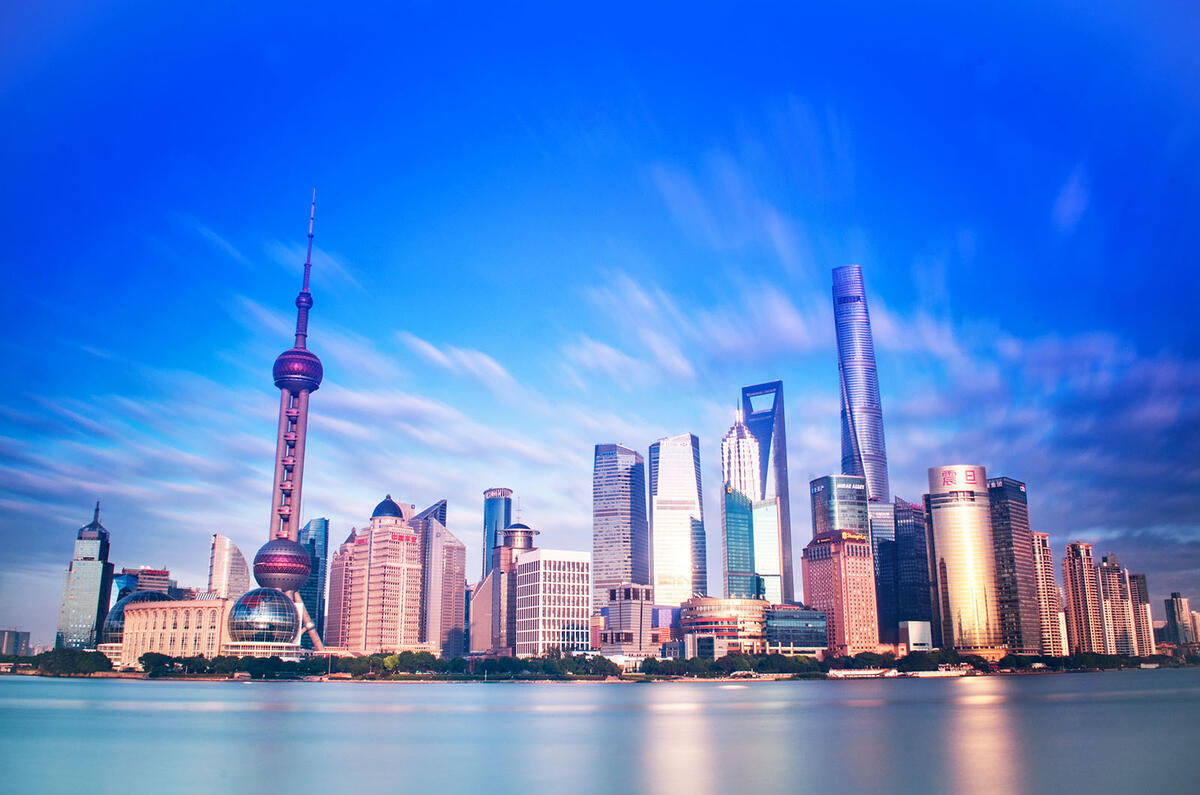Just as the car factories affected by a Covid shutdown in Shanghai are starting to reopen, so the knock-on effect of the broader restrictions in China is beginning to hamper automotive production elsewhere.
Renault announced on Tuesday that it had temporarily stopped production of the Mégane E-Tech at its plant in Douai, northern France, citing the “semiconductor crisis accentuated by the lockdown measures in several regions of China”, according to Reuters.




Add your comment